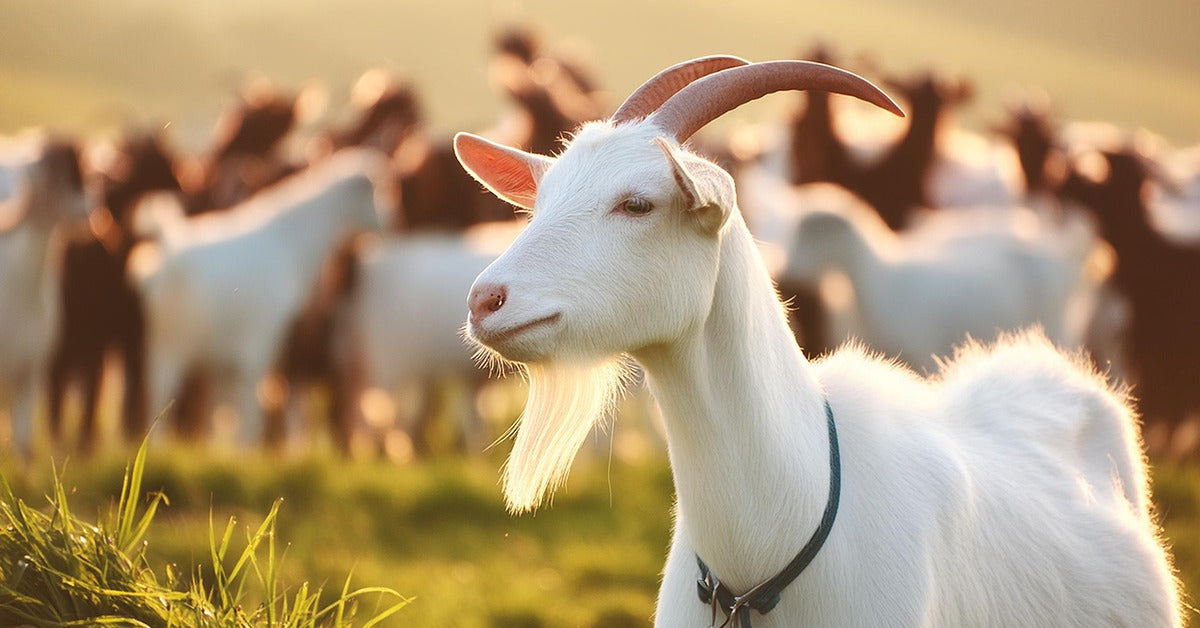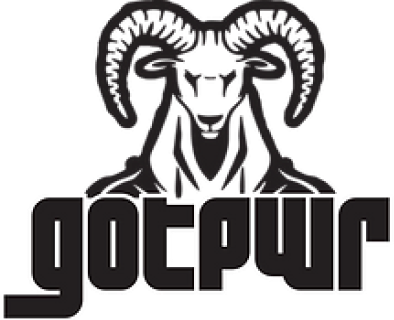
Goat Whey Protein vs. Plant-Based Proteins: Which is Better?
When it comes to choosing the right protein supplement, there are two popular options that stand out: goat whey protein and plant-based proteins. Both are widely available, but the choice between them often comes down to individual dietary needs, fitness goals, and lifestyle preferences. In this blog, we'll compare these two protein types based on various factors such as nutritional profile, digestibility, effectiveness for muscle growth, and more. Let’s dive in and help you make an informed decision about which protein is right for you.
Production and Ingredients: How Are They Made?
Both goat whey protein and plant-based proteins undergo distinct production processes.
Goat Whey Protein is derived from goat’s milk during the cheese-making process. The liquid whey is filtered to remove excess fat and lactose, creating a concentrated protein powder. This process retains the natural nutrients of goat’s milk, including a high protein content and all of the essential amino acids.
Plant-Based Proteins, on the other hand, are made from various plant sources such as peas, rice, soy, and hemp. Some plant protein powders use a blend of these sources to provide a more complete amino acid profile. While plant-based proteins are often praised for being vegan-friendly, they can sometimes lack certain essential amino acids, unless combined in a specific way (e.g., pea and rice proteins).
While both protein types are produced with high-quality standards, the difference lies in the base ingredients, with goat whey offering a complete animal protein source and plant-based proteins providing vegan-friendly options.
Protein Content and Amino Acid Profile: Which Offers More?
When it comes to protein quality, Goat Whey Protein shines due to its complete amino acid profile. It contains all nine essential amino acids, including high levels of branched-chain amino acids (BCAAs) like leucine, which play a vital role in muscle recovery and growth. This makes goat whey protein an excellent choice for those focused on muscle-building goals.
On the other hand, Plant-Based Proteins can be effective but may lack one or more essential amino acids, depending on the source. For example, pea protein lacks methionine, while rice protein lacks lysine. However, when combined (such as pea and rice), they can provide a complete amino acid profile. Soy protein is the only plant protein that is considered complete on its own.
In general, goat whey protein offers a more efficient protein for muscle building due to its complete amino acid profile and higher levels of BCAAs.
Digestibility and Food Sensitivities
Goat Whey Protein is known for being easier to digest than cow’s whey protein. This is largely because goat’s milk has smaller fat molecules and less lactose, making it a great option for those with mild lactose intolerance. It’s also gentler on the stomach than cow whey, reducing the likelihood of bloating or digestive discomfort.
Plant-Based Proteins are naturally lactose-free, making them a good choice for vegans or those with dairy allergies. However, certain plant proteins, like soy, can cause digestive issues for some people. Additionally, some plant-based proteins may contain higher amounts of fiber, which could lead to bloating if consumed in large amounts.
If you’re looking for an animal protein with fewer digestive issues, goat whey protein may be a better choice. However, if you avoid dairy altogether, plant-based proteins will suit your needs.
Effectiveness for Muscle Growth: Which Builds Muscle Better?
When it comes to building muscle, Goat Whey Protein is often the preferred choice due to its high bioavailability, rapid absorption, and rich BCAA content. This makes it ideal for post-workout recovery, ensuring that muscles receive the protein they need to repair and grow.
Plant-Based Proteins, if fortified with BCAAs or combined to form a complete amino acid profile, can also support muscle growth effectively. However, they may not be absorbed as quickly as goat whey, and the protein content per serving can vary significantly depending on the blend of plant sources.
Overall, both protein types can support muscle growth, but goat whey protein is typically more efficient due to its complete amino acid profile and quick absorption.
Cost and Availability: Which One is More Budget-Friendly?
Goat Whey Protein tends to be more expensive due to its niche market and production costs. As it’s made from goat’s milk and often produced in smaller batches, the price per serving can be higher than plant-based alternatives.
Plant-Based Proteins come in a wide range of price points, with pea protein being the most affordable option. Blends of plant proteins or organic options can be more expensive. However, the overall cost of plant-based proteins is often lower than goat whey protein.
If budget is a concern, plant-based proteins may offer more flexibility, but keep in mind that quality should always be prioritized over cost.
Conclusion: Which is the Right Protein for You?
There is no one-size-fits-all answer when it comes to choosing between goat whey protein vs. plant-based protein. Each offers unique advantages depending on your dietary preferences, fitness goals, and food sensitivities. Goat whey protein is a high-quality, complete protein that is ideal for muscle building and easy on the digestive system. On the other hand, plant-based proteins are perfect for vegans and those with dairy allergies, though they may require specific combinations to provide all essential amino acids.
To make the best decision, consider your individual needs, consult with a nutritionist if necessary, and look for high-quality products to meet your goals. Whether you opt for goat whey or plant-based proteins, choosing the right protein for your body will help you achieve optimal results.

